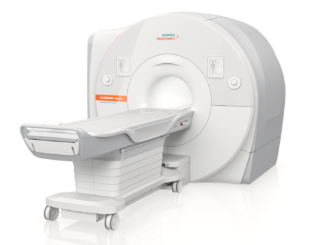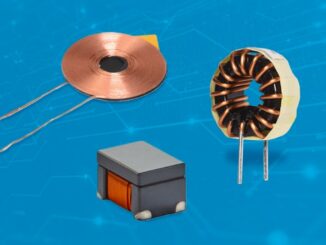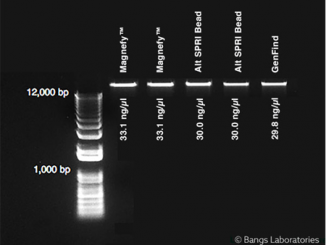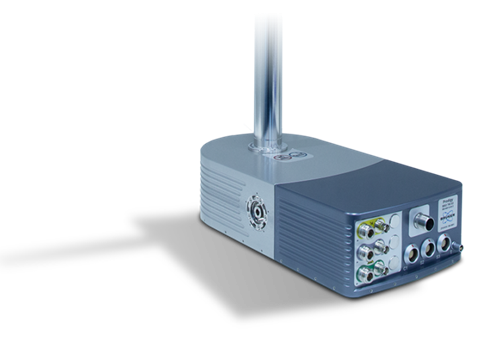
Scientific instrument maker Bruker continues to advance the technology of nuclear magnetic resonance imaging in the biological and health sciences. But wine quality is an important field, too, receiving serious attention from the company’s NMR experts.
In August, Bruker introduced a new cryoprobe for enabling novel NMR functional structural biology investigations into larger globular proteins and protein complexes. The new 8 mm N TROSY Cryoprobe provides twice the sensitivity of previous 5 mm detection, and 50% greater C sensitivity at 800 MHz, allowing researchers to obtain essential information in crowded spectral regions.
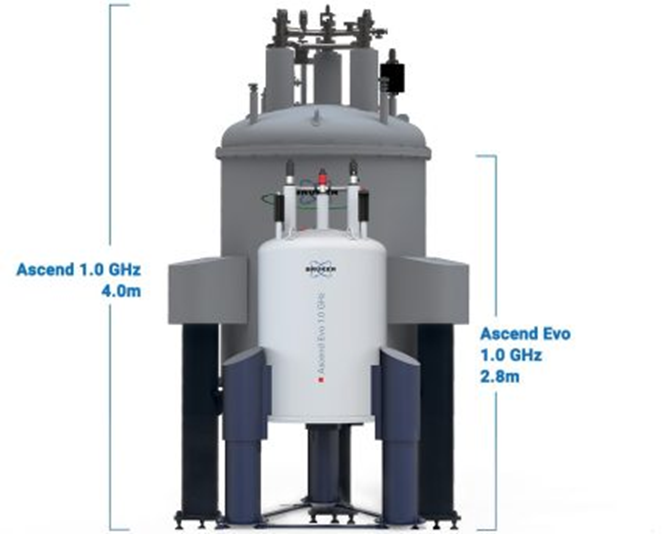
Meanwhile, placements of its new compact 1.0 GHz NMR systems are mounting at research institutions worldwide. Bruker has received three orders for the systems from the RIKEN Center for Biosystems Dynamics Research in Yokohama, Japan, the Precision Medicine and Metabolism Lab at CIC bioGUNE, and the BioNMR Group at Universitat de Barcelona, both in Spain.
The Ascend Evo 1.0 GHz NMR magnet utilizes hybrid high temperature superconductor technology for operation at 4.2 Kelvin in single-story labs. The significantly reduced footprint, weight, and ceiling height, along with a 65% reduction in helium consumption, provides more structural biology principal investigators, universities, and research centers, as well as biopharma companies access to the sensitivity and resolution of GHz NMR.
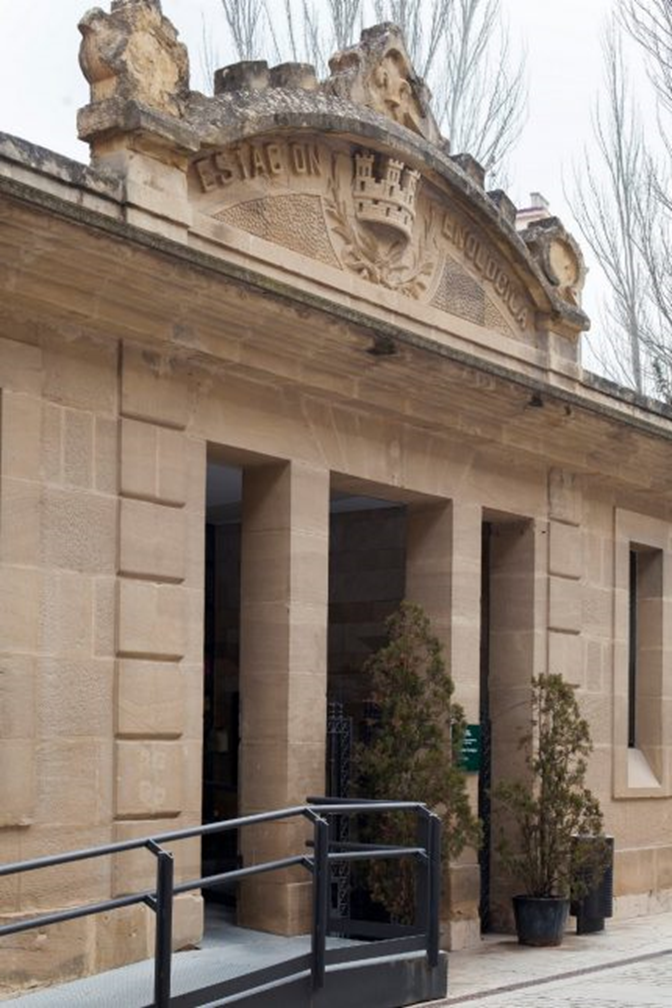
Food and beverage analysis are important areas for NMR also, and Bruker reports several new developments, notably in determining wine quality. Recently, its equipment has begun playing a central role in a new wine authentication service by Estación Enológica de Haro (EEH), a public and governmental laboratory situated in the major wine growing region of La Rioja, Spain.
The first of its kind to be provided by a laboratory in Spain, the service uses Bruker’s NMR spectroscopy to identify origin, variety, and authenticity of wine throughout the supply chain. The detailed analysis helps wine producers, importers and distributors detect and prevent the most common types of wine fraud by verifying wine identity.
Spain’s wine export market is valued at €2.63 billion and, as a premium product, it is vulnerable to many types of economically motivated fraud (EMF). As consumers increasingly demand authenticity and transparency of origin in their food and drinks, the new NMR analysis service helps growers and importers to protect their brand reputation, safeguard consumer trust and maintain product value.
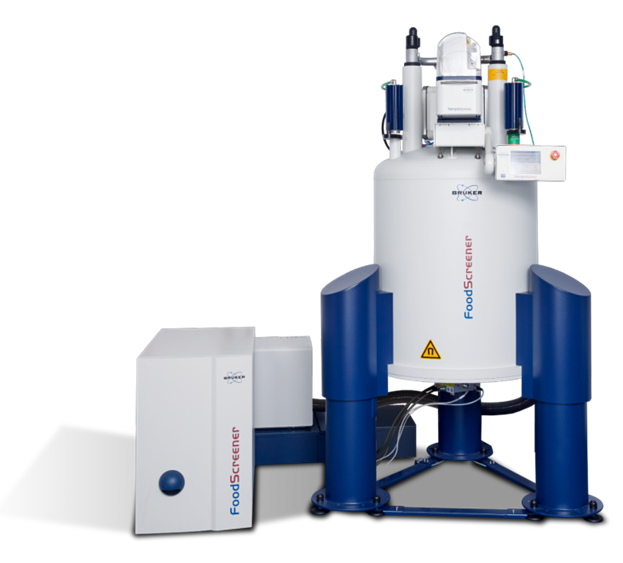
EEH has used Bruker’s Wine-Profiling module on the NMR FoodScreener platform to analyze wine samples since 2015. The specialist lab evaluates 25,000 samples and conducts around 263,000 analyses every year using different methods and techniques, which include NMR. Bruker is also working with EEH to further grow the database of wines, running samples from Spain as well as with France, Italy, and Hungary, to create baselines along Europe, preventing economical and quality fraud.
NMR is a highly reproducible analytical technique that helps complete the chain of authenticity in high-end wine supply chains by providing what is essentially a fingerprint of a sample. Each fingerprint contains 52 parameters to allow the creation of robust databases, providing a reference for all molecular constituents.

